biography, guidance notes, and critical essays
This complete critical guide to Jane Austen comes from a new series by Routledge which offers comprehensive but single-volume introductions to major English writers. They are aimed at students of literature, but are accessible to general readers who might like to deepen their understanding. The approach taken is quite straightforward. Part One is a potted biography of Austen, placing her life and work in a socio-historical context. This takes into account the role of women in the early nineteenth century; the position of a female author in the world of book publishing at the time; the social conventions surrounding women and marriage; and the sheer political fact that she was living at the time of the French revolution and war between Britain and France.
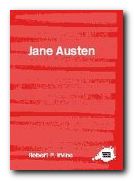 Part Two provides a synoptic view of Austen’s six great novels – from Northanger Abbey to Persuasion. The works are described in outline, and then their main themes illuminated. This is followed by pointers towards the main critical writings on these texts and issues.
Part Two provides a synoptic view of Austen’s six great novels – from Northanger Abbey to Persuasion. The works are described in outline, and then their main themes illuminated. This is followed by pointers towards the main critical writings on these texts and issues.
Part Three deals with criticism of Austen’s work. This is presented in chronological order – from contemporaries such as Walter Scott to critics of the present day, with the focus on feminist and gender criticism, Marxist, and psychoanalytic criticism. Some of the readings Irvine outlines will be quite provocative and surprising to many readers – particularly those dealing with such issues as slavery in Mansfield Park and both sexual and homosexual readings of Sense and Sensibility.
The book ends with a commendably thorough bibliography which covers biography, criticism in books and articles, plus pointers towards specialist Austen journals. There is also a separate chapter which deals with Austen on screen. This discusses the controversial issue of Austen’s work as it has been appropriated to project modern notions of English nationalism and the ‘heritage industry’.
This will be an excellent starting point for students who are new to Austen’s work – and a refresher course for those who would like to keep up to date with criticism. And it certainly is up to date – with references to publications only just over a year old at the time of publication.
© Roy Johnson 2005
Robert P. Irvine, The Complete Critical Guide to Jane Austen, Abingdon: Routledge, 2005, pp.190, ISBN 0415314356
More on literature
More on the novella
More on literary studies
More on short stories
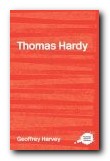
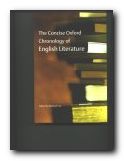
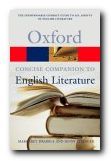
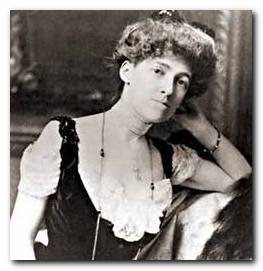
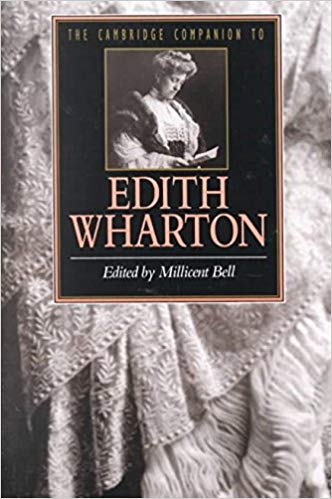
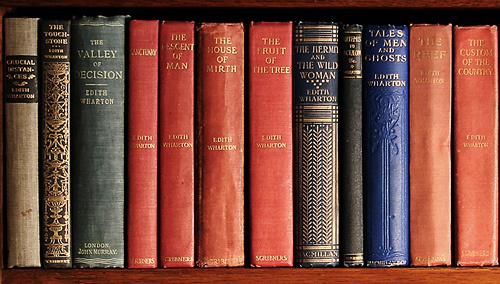
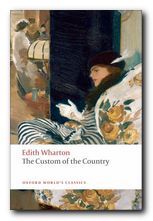 The Custom of the Country
The Custom of the Country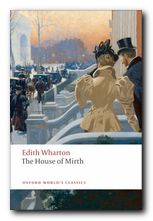 The House of Mirth
The House of Mirth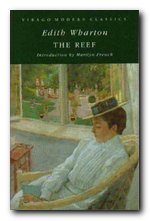 The Reef
The Reef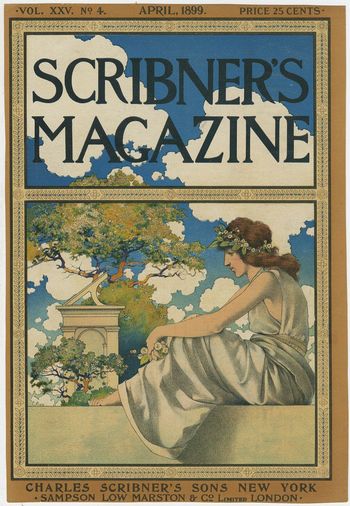


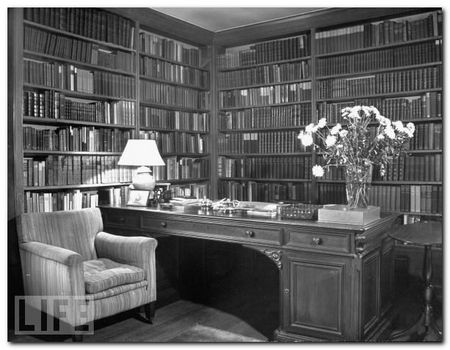
 The Aspern Papers
The Aspern Papers The Spoils of Poynton
The Spoils of Poynton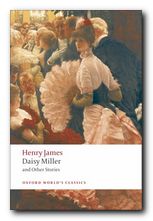 Daisy Miller
Daisy Miller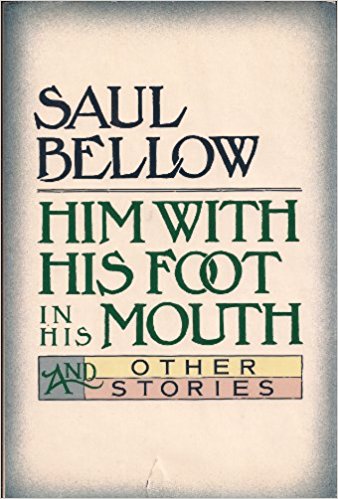
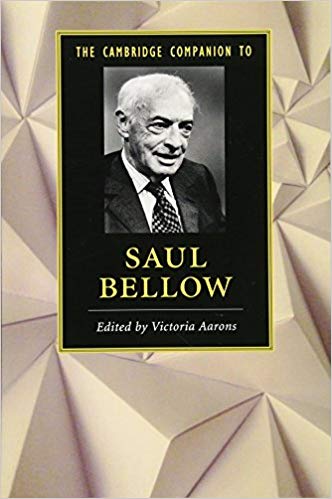
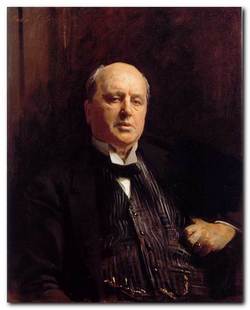
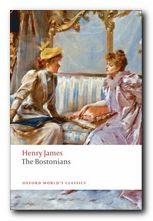 The Bostonians (1886) is a novel about the early feminist movement. The heroine Verena Tarrant is an ‘inspirational speaker’ who is taken under the wing of Olive Chancellor, a man-hating suffragette and radical feminist. Trying to pull her in the opposite direction is Basil Ransom, a vigorous young man to whom Verena becomes more and more attracted. The dramatic contest to possess her is played out with some witty and often rather sardonic touches, and as usual James keeps the reader guessing about the outcome until the very last page.
The Bostonians (1886) is a novel about the early feminist movement. The heroine Verena Tarrant is an ‘inspirational speaker’ who is taken under the wing of Olive Chancellor, a man-hating suffragette and radical feminist. Trying to pull her in the opposite direction is Basil Ransom, a vigorous young man to whom Verena becomes more and more attracted. The dramatic contest to possess her is played out with some witty and often rather sardonic touches, and as usual James keeps the reader guessing about the outcome until the very last page.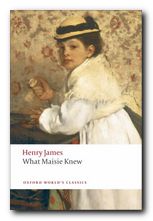 What Masie Knew (1897) A young girl is caught between parents who are in the middle of personal conflict, adultery, and divorce. Can she survive without becoming corrupted? It’s touch and go – and not made easier for the reader by the attentions of an older man who decides to ‘look after’ her. This comes from the beginning of James’s ‘Late Phase’, so be prepared for longer and longer sentences. In fact it’s said that whilst composing this novel, James switched from writing longhand to using dictation – and it shows if you look carefully enough – part way through the book.
What Masie Knew (1897) A young girl is caught between parents who are in the middle of personal conflict, adultery, and divorce. Can she survive without becoming corrupted? It’s touch and go – and not made easier for the reader by the attentions of an older man who decides to ‘look after’ her. This comes from the beginning of James’s ‘Late Phase’, so be prepared for longer and longer sentences. In fact it’s said that whilst composing this novel, James switched from writing longhand to using dictation – and it shows if you look carefully enough – part way through the book.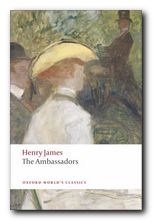 The Ambassadors (1903) Lambert Strether is sent from America to Paris to recall Chadwick Newsome, a young man who is reported to be compromising himself by an entanglement with a wicked woman. However, Strether’s mission fails when he is seduced by the social pleasures of the European capital, and he takes Newsome’s side. So a second ambassador is dispatched in the form of the more determined Sarah Pocock. She delivers an ultimatum which is resisted by the two young men, but then an accident reveals unpleasant truths to Strether, who is faced by a test of loyalty between old Europe and the new USA. This edition presents the latest scholarship on James and includes an introduction, notes, selected criticism, a text summary and a chronology of James’s life and times.
The Ambassadors (1903) Lambert Strether is sent from America to Paris to recall Chadwick Newsome, a young man who is reported to be compromising himself by an entanglement with a wicked woman. However, Strether’s mission fails when he is seduced by the social pleasures of the European capital, and he takes Newsome’s side. So a second ambassador is dispatched in the form of the more determined Sarah Pocock. She delivers an ultimatum which is resisted by the two young men, but then an accident reveals unpleasant truths to Strether, who is faced by a test of loyalty between old Europe and the new USA. This edition presents the latest scholarship on James and includes an introduction, notes, selected criticism, a text summary and a chronology of James’s life and times.
 Washington Square
Washington Square